It was supposed to provide a high-speed alternative to air travel, but Elon Musk is quietly shutting down his once-promising hyperloop company at the end of this year. Its assets are being sold off to a Dubai-based shipping company, though it’s far from clear that will ever bring the maglev system into real-world operation.
When Elon Musk first unveiled the idea for the Hyperloop in 2013, he claimed it would provide an alternative to air travel at a cost far cheaper than building a more conventional high-speed rail system across the U.S.
After a decade, however, Hyperloop One has little to show for itself other than a short Nevada demonstrator dubbed DevLoop. And it will release all of its employees as of Dec. 31, while selling its assets to one of its early investors, the Dubai-based shipping company DP World, according to a report by the Bloomberg news service.
Headlight.News has reached out to both Hyperloop One and Musk’s most well-known company, Tesla, seeking comment and clarification. Neither has responded.
What’s a Hyperloop?
The Hyperloop was supposed to combine several different technologies to provide lightning-fast transportation.
To start with, passengers were to sit inside small, bullet-like pods. Instead of riding on rails, they’d be elevated by magnetic levitation, similar to the maglev trains now operating in China. But Musk claimed they’d be able to reach more than twice the speed, a maximum of as much as 760 mph, by racing through a tube in which most of the air has been evacuated, dramatically reducing aerodynamic drag.
Musk proposed building the system in a number of locations, including California as an alternative to the state’s stalled high-speed rail system which has run billions of dollars over budget.
(Almost) faster than a speeding bullet.
The prototype system was claimed to accelerate from 0 to 50 mph in less than 1 second. It ran a series of unmanned trials before the first manned test topped out at around 110 mph. On a longer, city to city run, Musk promised it could top out at the proposed top speed of 760 mph.
That would have been nearly 200 mph faster than what today’s commercial aircraft operate at, generally under 600 mph. It would also be about twice the speed of the maglev trains in China and three to four times as quick as the high-speed rail systems in Europe and Japan.
In a 2013 proposal, the South African-born entrepeneur claimed Hyperloop would blast passengers from Los Angeles to San Francisco in 35 minutes and would “feel a lot like being on an airplane.” New York to Washington would take 30 minutes. And, by operating from city center to city center, travel by hyperloop would be easier than having to go to an airport, most of them being based well out from urban downtowns.
More transportation news
- This flying car could be “hopping” out of your driveway by 2025
- Vertical takeoff and landing vehicles (VTOLs): The next frontier in personal mobility
- Mercedes-Maybach goes up, up and away
Investors come … and go
Hyperloop One was incorporated in 2014 and quickly lined up some deep-pocketed investors, including DP World and British mega-entrepreneur Richard Branson, the latter calling the concept an “incredibly innovative and exciting new way to move people and things at airline speeds on the ground.”
All told, about $450 million was raised. With Branson’s support, the effort was renamed Virgin Hyperloop One in 2017. But he pulled out his minority stake — and the Virgin branding — a year ago.
It’s not clear why the venture is folding, though a number of engineering experts have questioned whether critical technical problems could be overcome, according to British newspaper, The Telegraph.
Another headache for Musk?
It’s unclear how much capital Musk might have tied up in Hyperloop One, though it is clearly less than what he has spent on the increasingly troubled X, the social media site formerly known as Twitter. It is now believed to have lost a substantial portion of the roughly $40 billion Musk purchased that operation for.
Musk continues to focus on transportation-centered projects, including EV maker Tesla, and rocket company SpaceX. He’s also behind The Boring Co. which wants to drill tunnels connecting major cities to bypass traffic. So far, it has only built one major project, however, a route connecting a number of key hotels with the Las Vegas Convention Center.
As for the hyperloop concept, several other startups continue to push ahead, including Dutch-based Hardt Hyperloop.

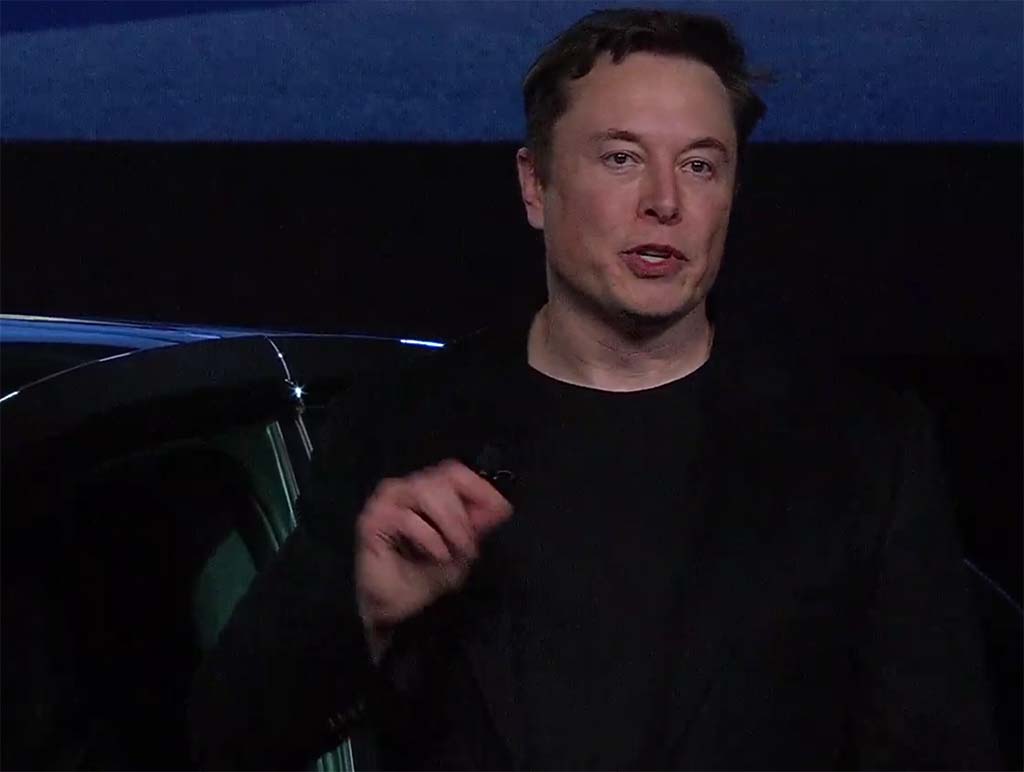
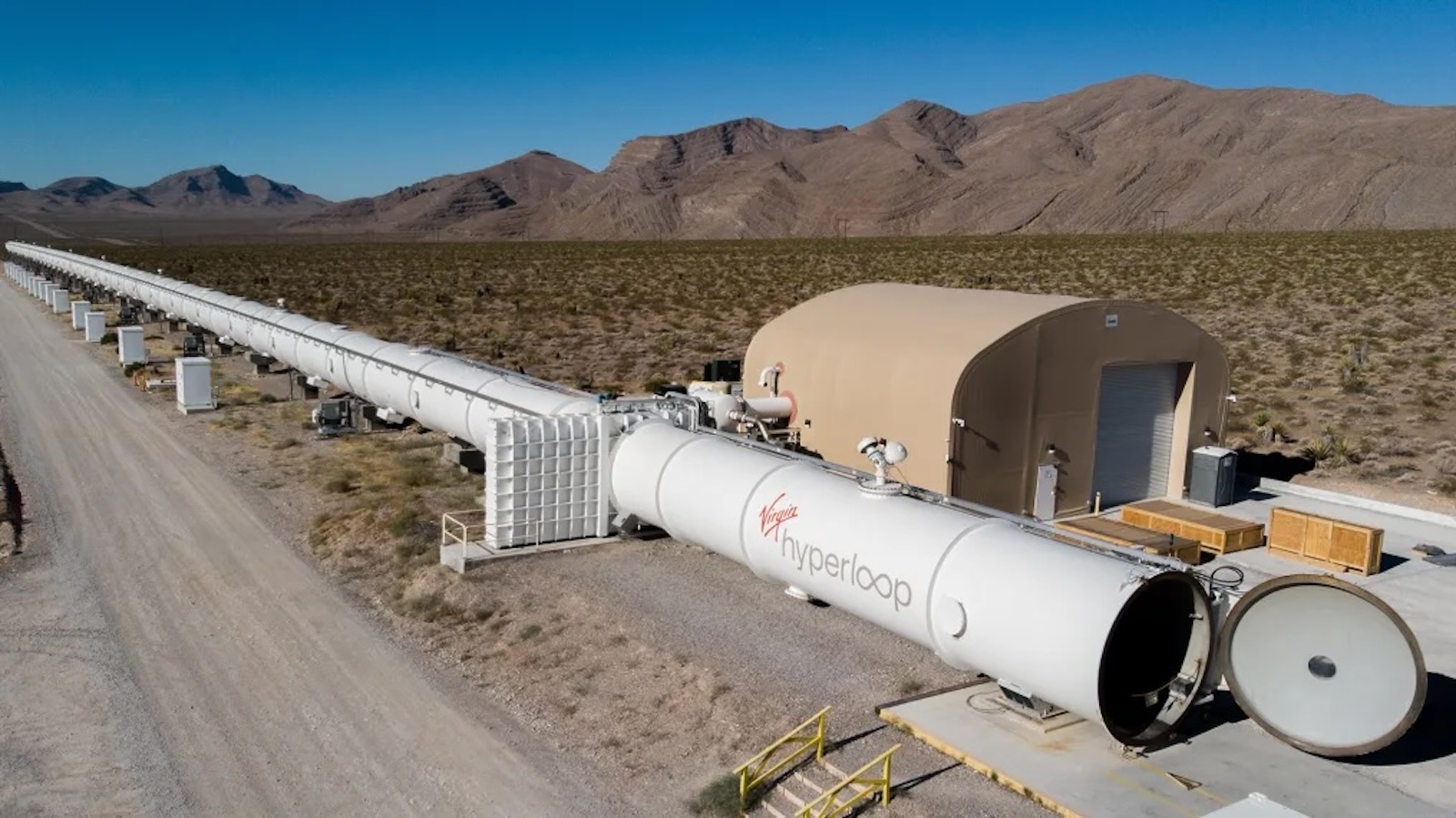


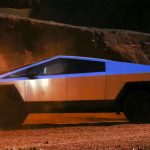
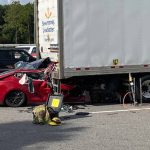
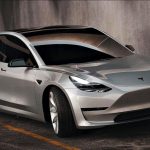
0 Comments